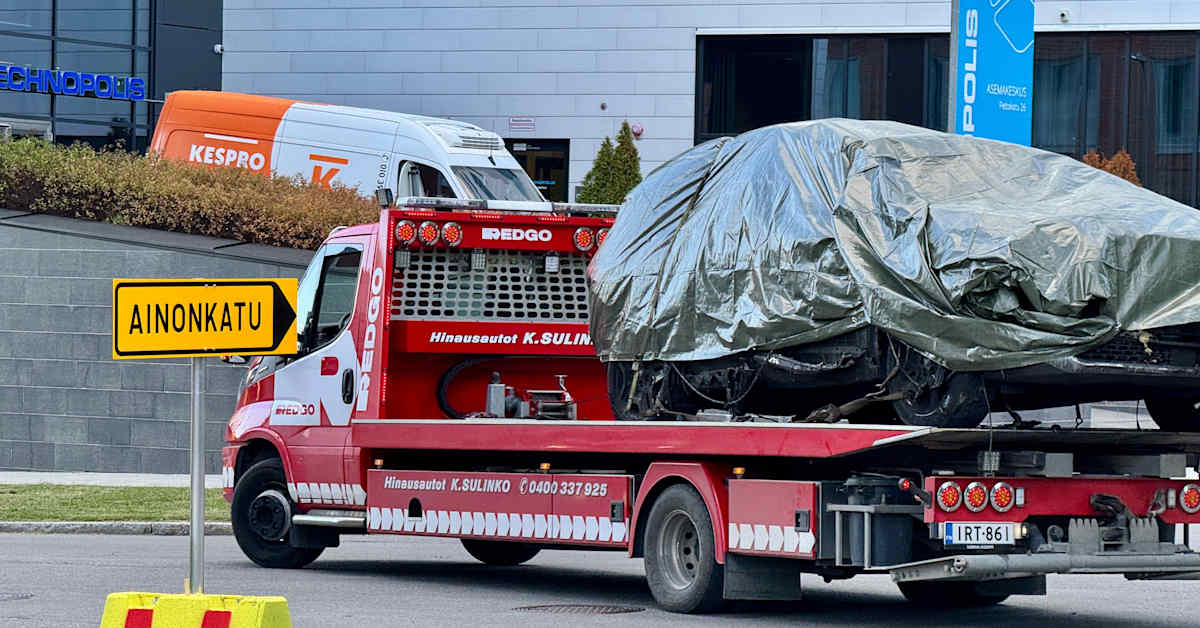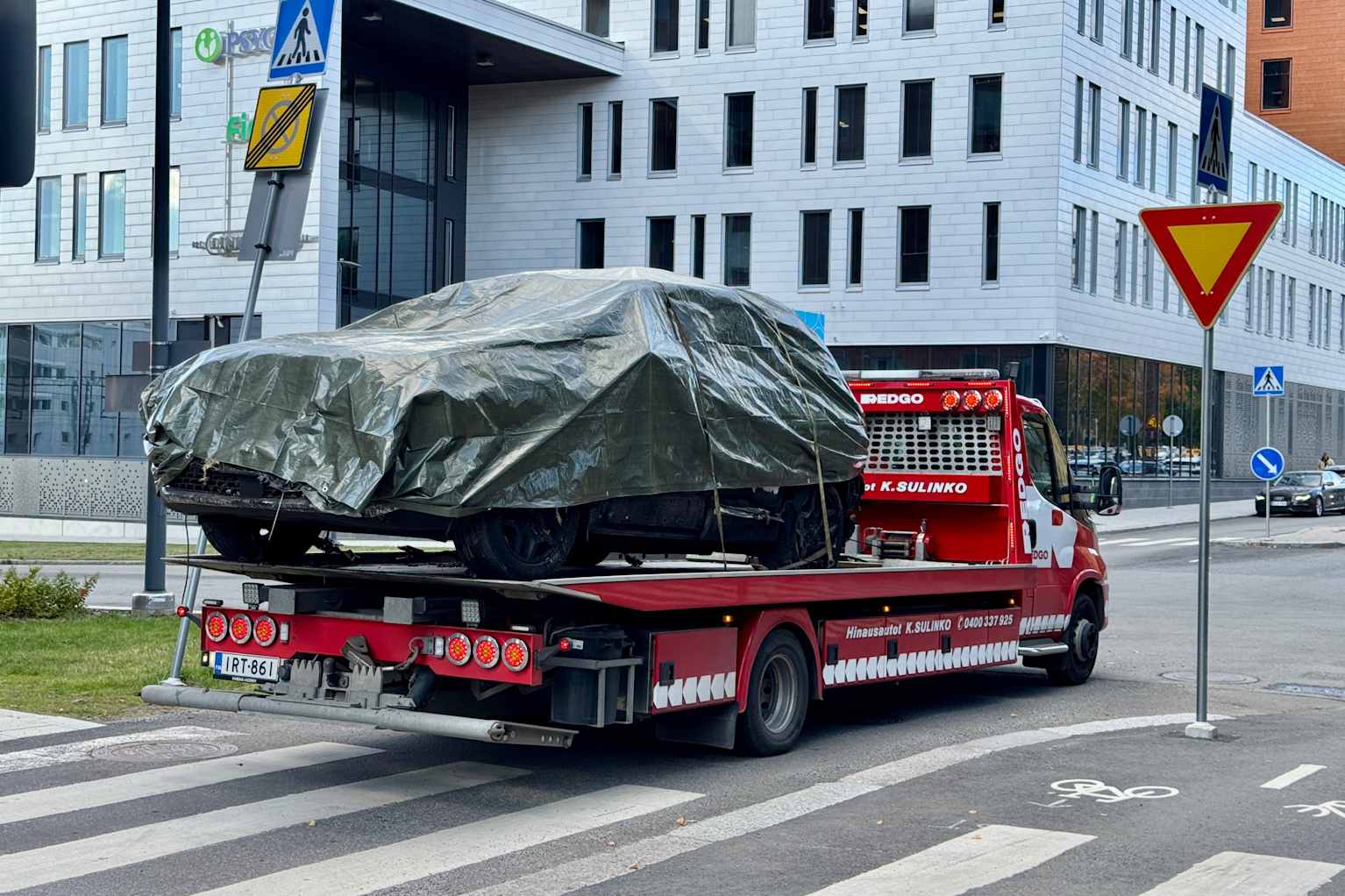Tämä Tampereen rajusta parkkihallipalosta tiedetään nyt: kymmeniä autoja tuhoutui täysin
Aika monta autoa taisi tulessa olla. En jaksa uskoa, että kyseessä olisi mikään muu kuin sähköauto tai hybridi. Mutta sitä olen miettinyt, että mitä tehdään, jos laivalla syttyy tälläinen palo. Ilmisesti ei mitään, ennenkuin jotain tapahtuu. Yksi sähköautoja kuljettanut laivahan upposi jo. Se oli onneksi rahtilaiva, eikä esim. matkustaja-alus. Sähköautot palavat todella harvoin, mutta silloin kun palavat, niin jälki on aikamoista.
Aika monta autoa taisi tulessa olla. En jaksa uskoa, että kyseessä olisi mikään muu kuin sähköauto tai hybridi. Mutta sitä olen miettinyt, että mitä tehdään, jos laivalla syttyy tälläinen palo. Ilmisesti ei mitään, ennenkuin jotain tapahtuu. Yksi sähköautoja kuljettanut laivahan upposi jo. Se oli onneksi rahtilaiva, eikä esim. matkustaja-alus. Sähköautot palavat todella harvoin, mutta silloin kun palavat, niin jälki on aikamoista.

/img-s3.ilcdn.fi/7d22ca842e7da908c27a7eeea67d463ed0e9375eb40cf2ca364231eaf44e0d9d.jpg)




/img-s3.ilcdn.fi/6fed95f5e6c086225f83454e0bc581bd36e43ddeb424d8ba51fe3cb2fd3e324d.jpg)